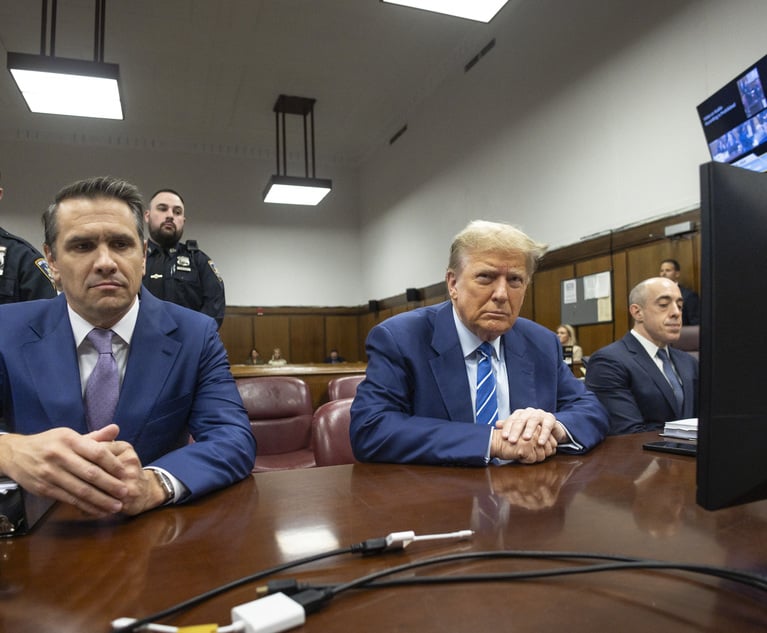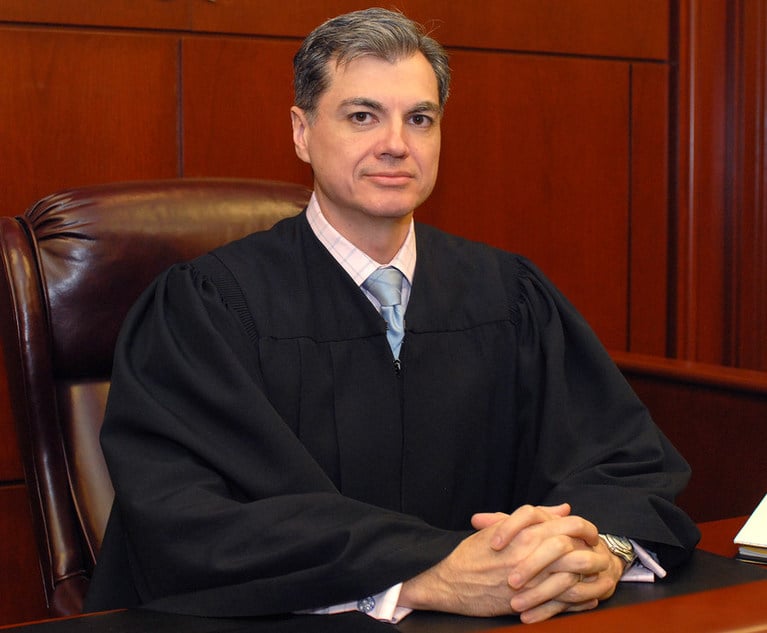Writing in 1901, Learned Hand asked this question: how can a jury decide between the conflicting opinions of two experts “founded upon an experience foreign to their own.” 18 Harv. L. Rev. 405. As he noted, “it is just because they are incompetent for such a task that an expert is needed at all.” Hand’s question comes to mind when one reads the recent decision of the New York Court of Appeals in People v. Williams, 2020 N.Y. Slip. Op. 02123, a case involving a subject that Hand could not have imagined: the admissibility of expert testimony about an unconventional DNA test in a criminal case.
Background
Cadman Williams was convicted of the May 25, 2008 murder of Kenneth Sackey in the Bronx. The murder arose out of a dispute among teenagers, which Williams ended by firing four shots at Sackey, two of which proved fatal. Williams hid the gun in the wall of his girlfriend’s apartment, where it was later recovered, telling her that he had “just shot someone.” The girlfriend (by then a former girlfriend) testified for the prosecution, as did several eyewitnesses, who identified Williams as the shooter. The prosecution also offered DNA evidence linking Williams to the gun. Standard DNA testing could not find a link, but, using more sensitive low copy number (LCN) testing, scientists at the New York City Office of the Chief Medical Examiner (OCME) concluded that the DNA found on the gun almost certainly came from Williams.


 Paul Shechtman
Paul Shechtman




